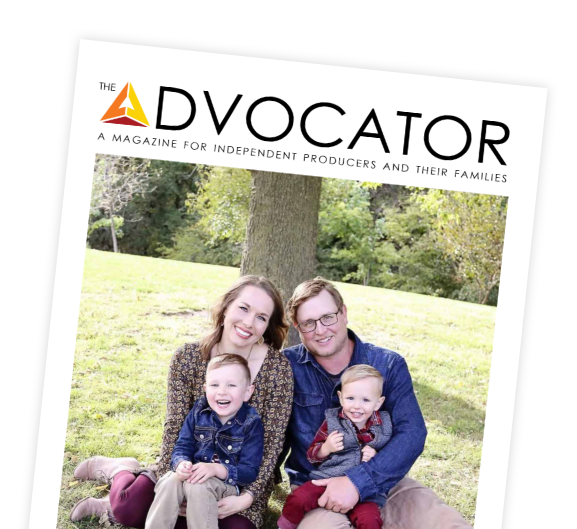With increased regulatory pressure on food companies to control Salmonella outbreaks, coupled with the impacts of product recalls and company reputations at stake, it is important for live-side production to consider a Salmonella control strategy.
Effective live-side production system practices help reduce Salmonella incidences in processing facilities, and one component of a holistic Salmonella control plan is the use of a vaccination program within breeder and broiler operations. Vaccines have proven to reduce the overall prevalence of Salmonella contamination of birds entering the processing facility, especially high-risk Salmonella B and D serotypes.
“Limiting Salmonella takes effort, and we have to do our part on the live side if we are to help processing plants meet the strict USDA Food Safety and Inspection Service (FSIS) standards of today,” said Bill Potter, Ph.D., technical advisor, Elanco Poultry Food Safety. “One way to achieve that is by increasing the use of vaccines along with other pre-harvest interventions.”
Long-term benefits start with vaccination at the breeder operation
The use of vaccines, especially at the breeder level, can have significant long-term impacts on Salmonella prevention in birds. There are two groups of vaccines, inactivated and live. Commercial vaccines target common serotypes of concern, but with a breeder vaccination program, including additional serotypes will increase cross-protection.1 Producers may choose a customized autogenous vaccine to address specific serotypes that decrease vertical transmission from breeder hens to their progeny through Salmonella-infected ovaries and oviducts. When vaccinated, hens transfer maternal immunity on to their progeny.
“The first objective is to prevent vertical transmission of the breeder flock,” said Potter. “This can be used to help downstream at the broiler farm. If we have Salmonella control within the breeder flock, we can determine if it’s necessary to use vaccinations in the broilers.”
Mitigation with vaccines in poultry
Though vaccinations are more common in breeder programs, the vaccination of broilers against Salmonella is gaining traction, helping companies maintain a favorable FSIS category or move into a better category.
Intestinal flora is not fully developed when young chicks are born, making them susceptible to Salmonella colonization early on. Producers can ensure wild-type colonization of the intestinal tract happens with a live vaccine at day of age and subsequently two weeks later, raising the antibody levels and extending the longevity of the immune response.
“When we focus on a continuum of vaccination throughout the live side, from breeders to commercial birds (broilers), we can see a significant benefit to the processing plants in helping with the burden of reducing Salmonella loads and serotypes targeted by the vaccine,” said Potter. “Comprehensive vaccination programs, when consistently applied over time, can be a very effective means to reduce Salmonella passing from breeders to commercial birds while also reducing Salmonella shedding when administered to growout broilers and turkeys.”
Multi-faceted approach is key
Administration of Salmonella vaccines helps bring down contamination rates, yet it is not the only approach producers should use for Salmonella control. “The entire industry has a shared responsibility to reduce instances of Salmonella in poultry products,” said Potter. “Yet, it starts with the live-side. There is no magic bullet to control 100 percent of the bacteria. The approach needs to include several holistic strategies.”
Other strategies should include feed and water management, hygiene and disinfection, litter management, insect and rodent control, Good Manufacturing Practices with employees, and more. A comprehensive program tailored to control and manage disease will not only help the bird achieve its full potential, but also help minimize food safety risks originating from the farm.
The Elanco Food Safety team has the resources to help start a discussion within your organization about reducing Salmonella loads in live birds. Elanco’s team of food safety experts and veterinary consultants are ready to help you lead the conversation.
